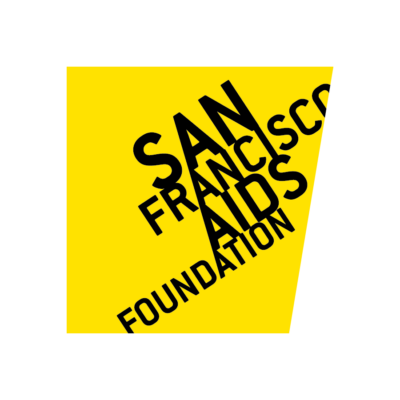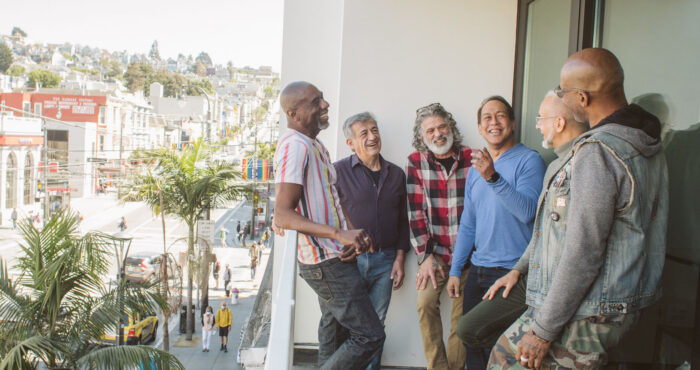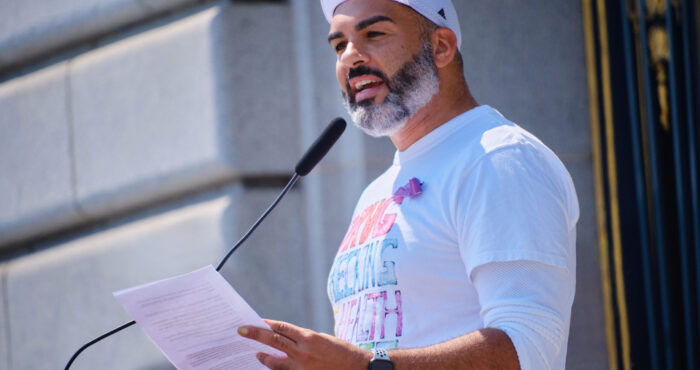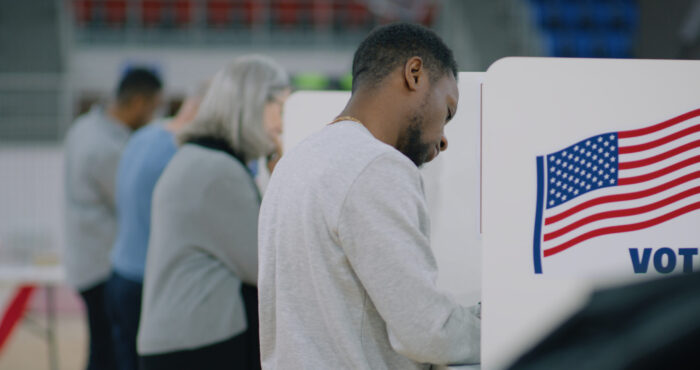Final Public Charge Rule Threatens Health
SAN FRANCISCO — San Francisco AIDS Foundation condemns the Trump administration’s new and harmful rules on public charge, published today. The new rule expands the list of public programs that the Department of Homeland Security (DHS) may use to determine whether someone is, or is likely to be, a “public charge.” Under longstanding policy, an individual deemed likely to become a public charge can be denied individual entry to the U.S. or have their legal permanent resident status adjusted. This harmful, anti-immigrant policy creates barriers to public programs that provide access to healthcare services.
The new rule means that the use of these programs — even for limited periods of time — may be considered by DHS in its public charge determination:
- Medicaid (except for those who are under 21 or pregnant women)
- Some income-based Medicare programs, including Medicare Part D Low-Income Subsidy Program
- Section 8 Housing Assistance under the Housing Choice Voucher Program
- Section 8 Project-Based Rental Assistance
- Subsidized public housing
- Supplemental Nutrition Assistance Program (SNAP)
The use of state, local and tribal funded non-cash programs and Ryan White programs (including the AIDS Drug Assistance Program, or ADAP) are not included in the rule and do not count towards someone being determined a public charge.
In addition to expanded criteria, the new rule also allows U.S. Citizenship and Immigration Services (USCIS) to deem an immigrant “inadmissible on a health-related ground” for a variety of illnesses that often impact people living with and affected by HIV.
The public charge rule could have implications for those seeking to rejoin family members living in the U.S., those who come to the U.S. for temporary work, and their families. Refugees, asylum seekers, people fleeing domestic violence, and some other protected groups are not subject to public charge determinations and are not affected by this rule. Public charge does not affect those with a green card who are applying for citizenship.
“This policy forces families to choose between being together and having access to basic human needs like food, shelter and health care,” said Joe Hollendoner, CEO of San Francisco AIDS Foundation. “The decision to finalize this rule has the potential to damage community health in immeasurable ways. If the Trump administration is serious about ending the HIV epidemic by 2030, it needs to support communities affected by HIV, not build more barriers to care.”
The rule was published on August 14, and will go into effect in 60 days on October 15, 2019. It will not be retroactive and will not affect people who have accessed programs in the past. Although the rule is final, advocates are preparing lawsuits in hopes of blocking its implementation. San Francisco and Santa Clara counties filed a joint lawsuit yesterday against the Trump administration to invalidate the new rule.
“San Francisco AIDS Foundation will continue our work with local and national partners to fight this rule and to educate the community about their rights,” said Anne Donnelly, director of state health care policy at San Francisco AIDS Foundation. “It’s critical that community-based organizations work together to dispel the fear of seeking health care and other essential benefits in this anti-immigrant environment.”
Resources
AIDS United. “AIDS United Statement Opposing Final Public Charge Rule.” Accessed August 12, 2019.
Families USA. “Trump Administration Threatens Health Care for Immigrant Families.” Accessed August 12, 2019.
Kaiser Family Foundation. “Changes to ‘Public Charge’ Inadmissibility Rule: Implications for Health and Health Coverage.” Accessed August 13, 2019.
Protecting Immigrant Families. “Public Charge: Getting the Help You Need.” Accessed August 14, 2019.
City Attorney of San Francisco Dennis J. Herrera. “Herrera’s statement on federal rule denying aid to immigrants.” Accessed August 13, 2019.










